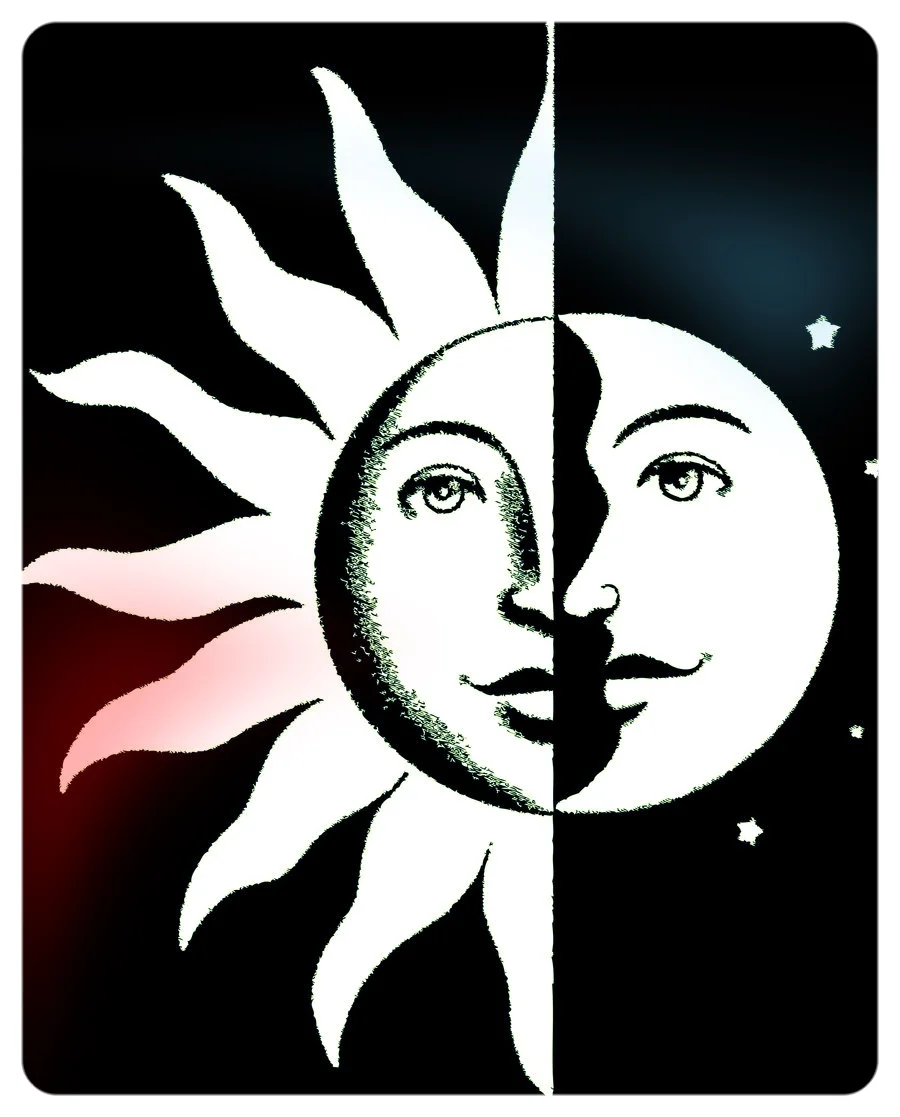To be fully awake you need to sleep at regular intervals. But to create, your conscious mind is the main force of action.
Consciousness always present problems. Consciousness provokes considerations of ethics and aesthetics and as a result, the thinking person makes value judgments. When people say, “Don't be so judgmental!" they’re actually criticizing the very thing that has the potential to describe one of our most powerful, valuable abilities.
One of the great dualities – even paradoxes – of the creative process is the familiar trope that to be really good is to give up a conscious thought process. To simply act, guided by intuition and innate judgement, is sometimes seen as the apex of creative potential. Even in an era guided by big data, people expect bolts of lightning to differentiate regular improvements from stunning leaps forward.
I don’t buy it.
When athletes play at the top of their game or musicians play at the top of their’s, the story often goes that they gave up thinking and let their unconscious take over. We know, of course, that exemplary performance is really a product of thousands of hours of practice and deeply intuitive skills honed overtime. But our received cultural wisdom tells us that consciousness gets in the way.
What’s a motivated soul to do? If the best of our creative potentials always emerge when we’re in a state of semi-directed, semi conscious flow, one would begin to think that conscious thinking is nothing but an impediment to excellence. Perhaps if we simply drift off into a semi-lucid state we’ll design a sublime, billion dollar bridge, and our friends and lovers will get along with us better, too!
Instead, consider a conceptual inversion. It's not a question of whether we should zone out. It's a question of whether we’re actually in dialogue with anybody ever at all. Posit: if the apotheosis of creative potential occurs when we are furthest from our own consciousness, we have sudden evidence to suggest perhaps we’re not conscious at all!
I know some of you are wondering if I’ve waxed terminally collegiate, that late-night philosophical musings over mediocre pizza and beer have overtaken this blog. Not a chance. The reason to consider the value of consciousness versus its alternatives is to suggest that successful efforts at creating new things are harder to describe than most people realize. The process of successful creation is intangible. I know there is sky above me and I know there is air all around me and I know that the air around me connects directly to the sky above me. Somewhere the two meet, but the dividing line is a fiction of language, a function of our senses being given over to words. There is no dividing line between air and sky, but we describe the expanse of blue overhead as something different than the wind moving leaves on the trees.
Some of you will take this as a theistic declaration. That's okay by me, even though I respectfully disagree. I understand the resonance. But perhaps that's the final note here. Where we find our creative souls is someplace we cannot touch, even as it’s all around us. The wells from which we draw our creative energies cannot easily be described. But like the sky, there’s no dividing line between ordinary and extraordinary. Acts of creativity are simultaneously ordinary and extraordinary. We may not be able to precisely define the diving line between conscious thought aimed at solving a creative problem and unconscious thought that ultimately does solve it, but deciding that one is better than the other reduces our potential by half.

